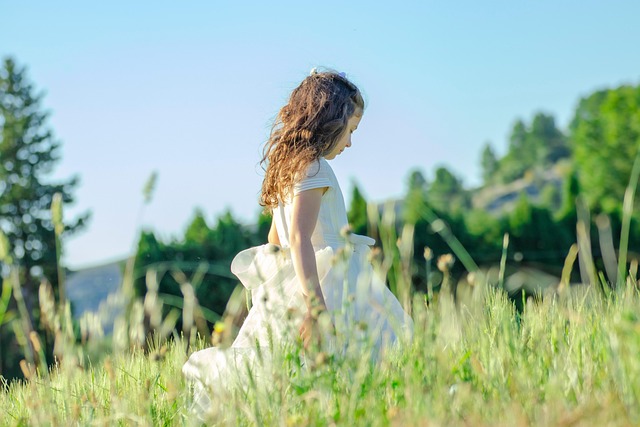Religion has always been a deeply personal and communal experience, connecting individuals not only with the divine but also with each other. Among the myriad of ways that different faiths express this connection, the concept of communion stands out as a powerful ritual that embodies the essence of togetherness, remembrance, and spiritual nourishment.
Whether through the solemnity of a church service, the rhythmic beating of a drum in a tribal gathering, or the quiet reflection found in personal meditation, communion signifies a moment where the physical world intersects with the spiritual. It invites participants to engage in a shared experience, fostering a sense of unity that transcends individual belief systems.
In Christianity, for example, the Eucharist represents the ultimate act of communion – a moment where believers partake in the body and blood of Christ, symbolizing both sacrifice and salvation. This ritual doesn’t merely serve as an observance; it powerfully illustrates the community’s collective memory and shared faith, creating lasting bonds among congregants and guiding them towards a common spiritual journey.
Similarly, in Indigenous cultures, communal rituals often involve sharing food, songs, and stories that recall ancestral wisdom and honor collective history. This form of communion emphasizes kinship with the earth and each other, revealing how deeply intertwined the spiritual and material worlds are. These gatherings not only celebrate cultural identity but also reaffirm the commitment to protect and honor the heritage that sustains them.
Moreover, in Buddhism, the act of sharing a meal during ceremonies can be seen as an act of communion between participants, promoting mindfulness and gratitude. The gathering reinforces the interconnectedness of all beings, reminding practitioners of the importance of compassion, understanding, and support within the community.
As we navigate our spiritual journeys, the ritual of communion takes on various forms, reflecting the unique expressions of faith and culture. This shared participation helps bridge the gap between the individual and the collective, offering a reminder that while our paths may differ, the emotions of connection and reverence for the sacred are universal.
In a world often marked by division and turmoil, communion in religious rituals serves as a beacon of hope and belonging, inviting us to find solace in our shared humanity. It challenges us to participate actively in the creation of a more compassionate and understanding world, where the essence of connectedness can be celebrated and cherished.




